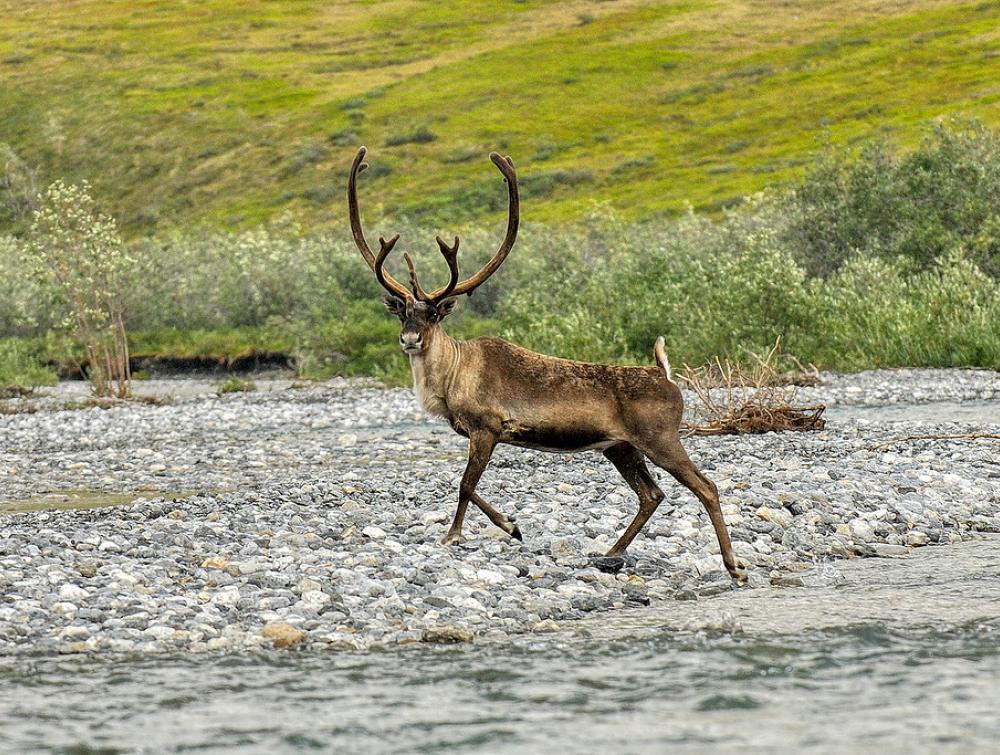DOI right to reconsider Arctic Refuge leasing program

The coastal plain of the Arctic National Wildlife Refuge is the calving ground of the Porcupine Caribou Herd.
Edward Bennett/Bennett Images LLC
Congress has opportunity to reverse Trump-era’s destructive plans for coastal plain
The U.S. Department of the Interior today announced in the Federal Register the release of its Notice of Intent to begin a new analysis of the legal deficiencies and potential environmental impacts of the Coastal Plain Oil and Gas Leasing Program in the Arctic National Wildlife Refuge that was enacted during the Trump administration. Today’s announcement initiates a 60-day public comment on the scope of the review.
In response, The Wilderness Society released the following statement from Arctic Refuge Campaign Director Ben Greuel:
“Everything about the leasing program has been rushed, haphazard and legally questionable. We look forward to the Interior Department conducting a thorough, science-based analysis, which we are confident will show that drilling in the Arctic Refuge would be disastrous for Indigenous communities in the region and the Porcupine Caribou Herd on which they depend, as well as the environment and our climate.
“The refuge is a wild, beautiful place that was opened to leasing against the wishes of the majority of voters by the 2017 Tax Cuts and Jobs Act,” Greuel added. “As budget legislation moves through Congress, political leaders have an opportunity to reverse the entire leasing program and restore protections for the coastal plain of the Arctic Refuge. We call on them to do exactly that.”
At 19.3 million acres, the Arctic Refuge is America’s largest wildlife refuge and provides habitat for caribou, polar bear and migrating birds from across the globe, and a diverse range of wilderness lands. Its coastal plain—stretching north from the Brooks Range to the Arctic Ocean—provides vital denning habitat for threatened polar bears and is the calving ground of the Porcupine Caribou Herd, which contains more than 200,000 animals.
Oil and gas drilling would have devastating impacts on this pristine and fragile ecosystem, caused by the massive infrastructure needed to extract and transport oil. Drilling the Arctic is risky, would fragment vital habitat, and chronic spills of oil and other toxic substances onto the fragile tundra would forever scar this landscape and disrupt its wildlife.
CONTACT:
Tim Woody, (907) 223-2443, tim_woody@tws.org
The Wilderness Society is the leading conservation organization uniting people to care for America’s wild places. Founded in 1935, and now with more than one million members and supporters, The Wilderness Society has led the effort to permanently protect 111 million acres of wilderness and to ensure sound management of our shared national lands. www.wilderness.org.
